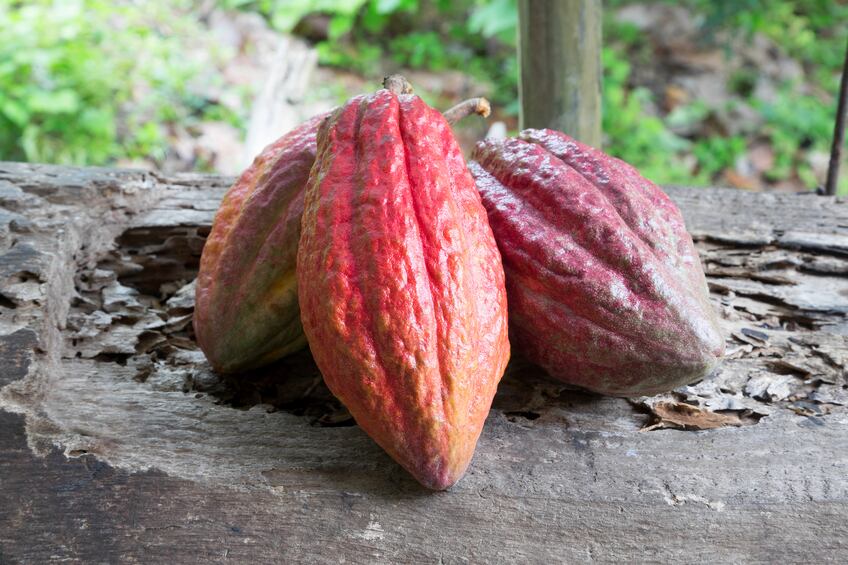Deforestation is a global concern. While forests cover close to one-third of the planet’s ice-free land, millions of hectares are disappearing per year. In 2017 alone, 29 million hectares were lost, and more than half of those were made up of biodiverse tropical forests.
According to the recently launched Forest Conservation Fund (FCF), eliminating deforestation is not enough. Stakeholders need to look beyond deforestation towards a ‘Forest Positive’ position.
The Switzerland-based foundation aims to ‘uberise’ – meaning it has the potential to ‘scale up indefinitely’ – forest conservation. Collaboration, the FCF believes, will empower local communities and the private sector to bring a regenerative agricultural approach to forests at scale.
How does it work?
Prior to setting up the FCF model, researchers investigated the cost of forest conservation. According to Fund Executive Director Charlotte Opal, findings revealed the cost of conservation to be ‘surprisingly low’.
“It costs no more than $40 (€35.62) per hectare per year,” she told delegates during the FCF virtual launch this month.
“How much would it cost a company? Less than 2% of the goods of their raw materials [purchased from these landscapes],” she elaborated. The Fund aims to provide these companies with a simple and transparent way to invest in sustainability, the Executive Director added.
Ultimately, the FCF links companies with ‘high-quality’ conservation projects in their sourcing landscapes, to help them become Forest Positive.
The funding is channeled through three intervention pathways: to private landowners who have made commitments to protect forests in their concessions and need financial support to do so; to communities to help them protect forests in their lands; or to not-for-profit organisations working with governments, communities, or private companies to protect forests.
These communities, companies and NGOs commit to: using the funds to actively protect forests; being transparent about how the resources are spent; and using verification processes such as satellite monitoring to prove success.
The Fund is managed by a Board made up of former head of WWF Global Forest and Trade Network Richard McLellan, CEO of Earthworm Foundation Bastien Sachet, and Head of Sustainability for Sime Darby Plantations Simon Lord.
Implications for the food industry
The idea is that food companies acknowledge their tropical rainforest footprint. “Each plantation that you source products from in the tropics was once forested,” noted the FCF.
The Fund proposes that businesses’ footprints are ‘inset’ – rather than offset – by protecting an equivalent-sized area of forest for one year in an area your company or product is sourcing from, that may otherwise have been converted.
The Fund provides the example of a coffee supplier: “Perhaps you’re the CEO of a coffee house and purchase 45,000 tonnes of coffee beans per year, requiring 9,495 hectares per year (at average yield rates).
“Through the FCF, you could compensate this by supporting the conservation of 9,495 hectares of tropical forest.”
Simon Lord, who heads up sustainability for Malaysia-headquartered Sime Darby Plantation as well as sitting on the FCF’s Board, sees the Fund’s potential through a palm-oil lens.
“I’ve worked in the palm oil sector all of my life and there is no doubt that the sector has played a part in deforestation. But with the FCF, we really have an opportunity to reverse this,” he told delegates during the launch.
To date, responsible oil palm companies have set up several initiatives focused on regenerative agriculture, including enhancing high conservation value areas. However, according to Lord, ‘all of these initiatives have been limited’.
“They are limited to the land that these plantation companies actually work on. And so by their very nature they are very small scale. Now we have an opportunity to work at scale.”
Lord sees huge opportunity within agricultural supply chains to make an impact. “With the FCF, the challenge exists to operate collectively at a much higher level and over a much larger hectarage.
“For companies involved in commodities that are grown in the tropics, I think there is the opportunity to look first at their own supply chain, and for third party suppliers to go beyond simply ‘no deforestation’ or ‘no peat’ pledges and to actually begin looking at regenerative agriculture.”



